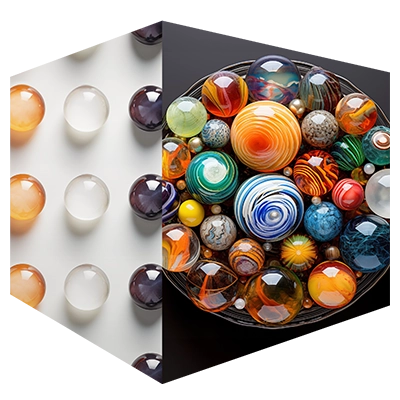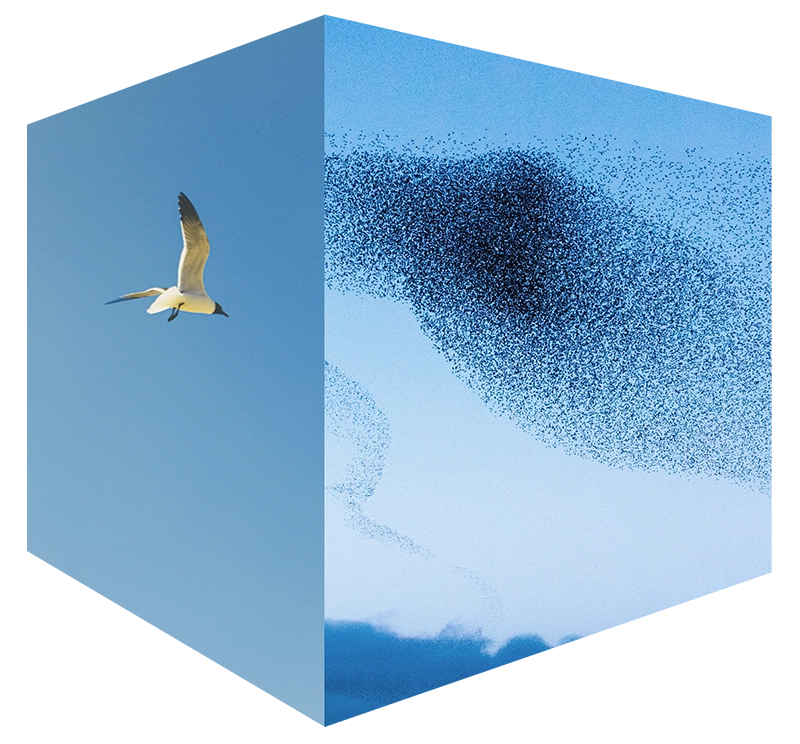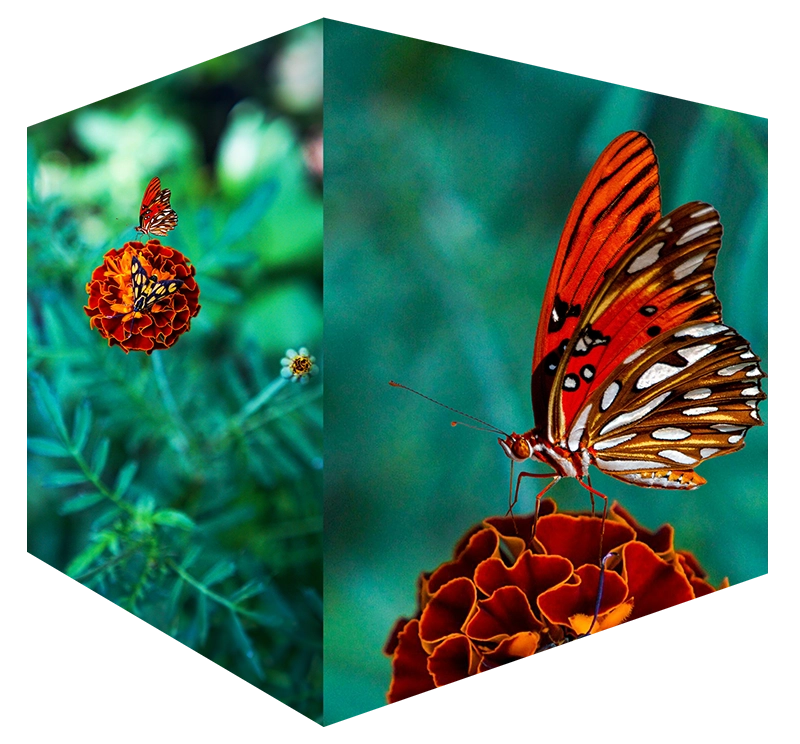Discover New Perspectives
We start by listening. Then, understanding your unique circumstances, we design a process to help you flourish where it matters.

Discover New Perspectives
We start by listening. Then, understanding your unique circumstances, we design a process to help you flourish where it matters.


Executive Coaching
Praesta Executive Coaches develop meaningful relationships, creating a calm space where you can explore your thinking and discover fresh possibilities.
As CEOs, Executive team or Board members, you will find new ways to lead with greater influence, impact, and a more profound sense of fulfilment.
Team Coaching
Collective capability is the only way to survive and thrive. Changes in our world, impacting every organisation and every individual, are creating threats and opportunities to how we live, work and lead. Investing in your team’s strength, vision and capability benefits individual team members, the team itself and your wider organisation.


Group Coaching
You may have high potential executives for whom a group development programme would add significant value or you may want to support a senior executive group facing a challenge.
We can offer you tightly targeted, bespoke programmes of personal and professional development, such as the Leadership & Impact Programme, for your senior executives.
Leadership & Impact Programme
The Leadership and Impact Programme was developed in response to expressed client needs to meet the performance and leadership demands of their organisation.
Participants in the Leadership and Impact Programme learn to strengthen their influence effectively across complex stakeholder systems and to thrive in competitive corporate environments.


Board Performance Reviews
Underpinned by our experience as Board members and our team coaching expertise, our Board Performance Reviews have added value to many Boards and their Executive teams.
Observing where and how the Board is spending its time, our highly experienced Board reviewers will help foster the independent thinking and collective commitment needed for Boards to perform at their best.
Have a conversation with us to explore how a Praesta Board Review might help the talent on your Board, and in your organisation, to thrive.
Executive Coaching
Praesta Executive Coaches develop meaningful relationships, creating a calm space where you can explore your thinking and discover fresh possibilities.
As CEOs, Executive team or Board members, you will find new ways to lead with greater influence, impact, and a more profound sense of fulfilment.

Team Coaching
Collective capability is the only way to survive and thrive. Changes in our world, impacting every organisation and every individual, are creating threats and opportunities to how we live, work and lead. Investing in your team’s strength, vision and capability benefits individual team members, the team itself and your wider organisation.

Group Coaching
You may have high potential executives for whom a group development programme would add significant value or you may want to support a senior executive group facing a challenge.
We can offer you tightly targeted, bespoke programmes of personal and professional development, such as the Leadership & Impact Programme, for your senior executives.

Leadership & Impact Programme
The Leadership and Impact Programme was Developed in response to expressed client needs to meet the performance and leadership demands of their organisation.
Participants in the Leadership and Impact Programme learn to strengthen their influence effectively across complex stakeholder systems and to thrive in competitive corporate environments.

Board Performance Reviews
Underpinned by our experience as Board members and our team coaching expertise, our Board Performance Reviews have added value to many Boards and their Executive teams.
Observing where and how the Board is spending its time, our highly experienced Board reviewers will help foster the independent thinking and collective commitment needed for Boards to perform at their best.
Have a conversation with us to explore how a Praesta Board Review might help the talent on your Board, and in your organisation, to thrive.

Start the conversation
It begins with you. Get in touch so that together we can learn more about you, your needs, and what transformation means for you.